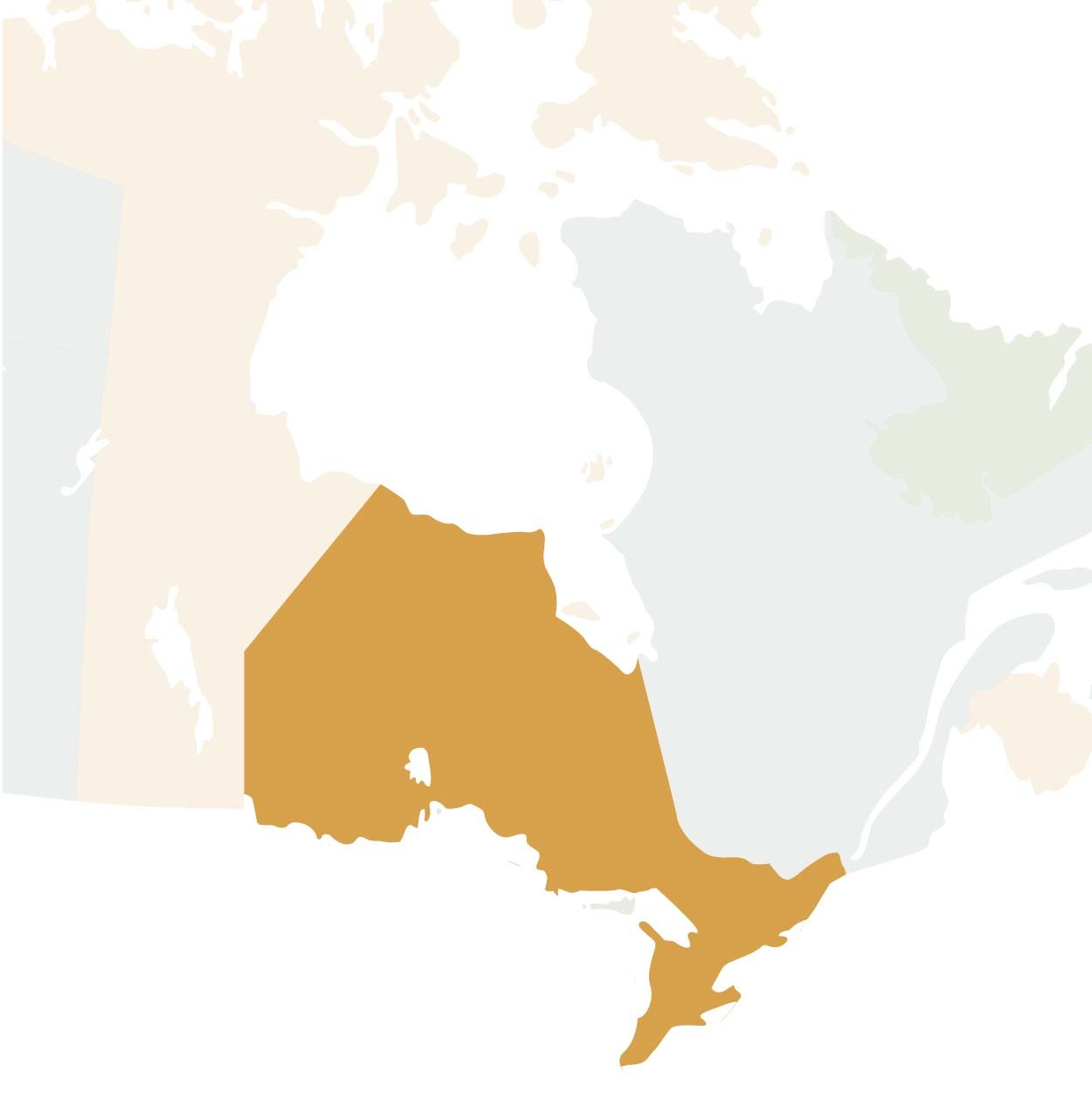Farm Grants in Ontario
You Focus on Farming, We Get You Funded.
Farming in Ontario offers unique opportunities, but accessing the right funding can make a significant difference in your success. Whether you’re expanding your operations, adopting sustainable practices, or investing in innovative technology, there are a wide range of grants specifically designed to support agricultural businesses in Ontario.
Each province has its own set of funding priorities, shaped by regional industries and community needs. From government programs to industry association grants, Ontario offers targeted support for various commodities and practices. In addition to provincial opportunities, federal funding is available to help farmers across the country enhance infrastructure, boost productivity, and build resilience.
At Farm Grant Finders, we make it easy to find and secure the funding that best fits your farm’s goals. Let us help you navigate the grant landscape and maximize your opportunities.

Search for Grants in Ontario
Supports the adoption of clean technologies in Canada’s agriculture and agri-food sector to enable a low-carbon, sustainable economy.
Provides non-repayable contributions to help Canadian dairy processors manage surplus solids non-fat through equipment upgrades and facility improvements.
Offers repayable contributions of up to $5M to commercialize or demonstrate innovative, commercial-ready agri-tech solutions that enhance sustainability and competitiveness in Canada’s agri-food sector.
Supports food security and access to local, nutritious, and culturally appropriate food through food production-focused infrastructure for equity-deserving groups, particularly Indigenous and Black communities.
Supports projects that empower Indigenous Peoples and other underrepresented groups in Canadian agriculture by improving sector participation, training, leadership, and career awareness.
Supports industry-led marketing and promotional activities that increase exports and global visibility of Canadian agri-food, seafood, and agricultural products.
Supports Indigenous communities and entrepreneurs with funding and partnerships to launch or scale agriculture and food system projects across Canada.
Helps Canadian youth (ages 15 to 30) build skills and work experience needed to successfully enter the labour market.
Supports efforts to build public trust in Canadian agriculture by promoting appreciation of farmers and transparency in food production.
Supports promotional efforts to grow domestic demand for Canadian turkey and chicken, as part of Canada’s commitment to compensate supply-managed sectors under CPTPP.
Offers short-term financial assistance to licensed Canadian wineries facing new and ongoing challenges impacting their competitiveness.
Supports Canadian smart farms in evaluating emerging agricultural technologies and building collaborations that drive innovation, adoption, and agtech workforce development.
Provides federal funding to help food processing companies safeguard workers’ health during COVID-19 and invest in modernizing facilities to secure Canada’s food supply.
Supports Canadian businesses in reformulating, scaling, and strengthening the plant-based and agrifood ecosystem through innovative ingredient use and supply chain improvements.
Supports projects that enhance sector capacity, build public trust, and increase awareness of Canadian agriculture through training, knowledge sharing, and engagement — with a focus on national-level initiatives and inclusivity.
This program helps Canadian agricultural industries build market confidence and resilience by supporting the development of assurance systems and sectoral insurance tools that enable SMEs to meet domestic and international market standards.
Supports early-stage Canadian tech firms aiming to enter or scale within the food industry by piloting innovative solutions.
Supports agri-food businesses in adopting innovative technologies, energy-saving solutions, and advanced manufacturing processes to boost productivity and competitiveness.
Supports Ontario-based agri-businesses in commercializing innovative products, processes, or technologies by accelerating market entry and partnerships.
Supports Ontario-based advanced manufacturing SMEs investing in technology, equipment, or workforce development to boost competitiveness and economic impact.
The RED program supports rural Ontario communities with funding for projects that boost economic development, attract investment, and build local capacity.
For farmers looking to establish or expand rotational grazing systems to improve pasture health and livestock management.
Supports agri-food businesses in reducing biosecurity risks and strengthening emergency preparedness across the food supply chain.
Provides Ontario farmers with access to short-term operating loans for crop inputs like seed, fertilizer, and pesticides through a government-backed guarantee program.
Helps Ontario farmers finance tile drainage installations that improve crop productivity, field efficiency, and long-term soil management.
This program offers a 100% property tax exemption for eligible natural heritage features on privately owned land in Ontario, supporting long-term conservation efforts.
Supports economic development projects by businesses, municipalities, and nonprofits in Eastern Ontario that drive growth, productivity, and regional job creation.
Funding for agri-food processors to improve energy efficiency, lower operational costs, and invest in sustainable technologies that reduce greenhouse gas emissions.
Supports Ontario wineries in growing their VQA wine business through innovation, export growth, and tourism development.
Provides financial relief to Ontario wineries and cideries to support growth, job creation, and increased tourism in rural regions.
